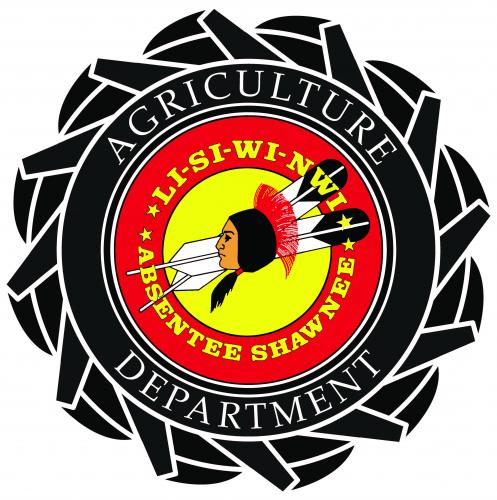Agriculture
In 2021, due to the increased negative impact of the COVID pandemic, the AST Executive Committee recognized the need to create a program that would help tribal members in accessing fresh grown vegetables and produce. Due to the shortages affecting the supply chain in the fresh produce industry, an initiative has been created to utilize our own tribal lands to plant, grow and harvest culturally significant or modern day typical fresh produce.
The program will be creating avenues in which active participation will directly benefit individuals who take interest in wanting to learn, plant, harvest and reap the benefits of the simple art of gardening.
Food Sovereignty is the right of peoples to healthy and culturally appropriate food produced through ecologically sound and sustainable methods, and their right to define their own food and agriculture systems.
Food Sovereignty is a food system in which the people who produce, distribute and consume food also control the mechanisms and policies of food production and distribution.
The Food Sovereignty movement was based upon 6 pillars that made up the ideology of a simple, but definitive, approach that would have worldwide application
-
Focuses on food for people
-
Builds knowledge and skills
-
Works with nature
-
Values food providers
-
Localizes food systems
-
Puts control locally
Within these 6 defining pillars, the AST Agriculture Department will create different avenues that will address each pillar with objectives and goals.
The Agriculture Department will be utilizing several growing methods such as open field and greenhouse production. Using these methods will allow the growing season to be extended from the usual 6-7 month season to a 9-10 month growing season. The greenhouse will allow for starter plants to be planted in early spring, maintained through the cool months and then distributed to tribal members as the soil reaches optimum planting temps.
In 2003, the AST began an outreach service in which ground was either burned, plowed, disced or tilled for tribal members interested in planting a garden. These services will continue to be offered through the Ag Dept. Also, for those who do not have ground to break, raised bed boxes will be offered for those interested in planting.
Minimal land clearing-Red Cedar removal, underbrush clearing, small tree removal-can be offered to those interested in planting in areas needing improvement. These land improvements will be made available for livestock operators to improve grazing quality and increase grazing areas.
The Ag department has established relationships with several agencies that can provide information, hands-on training and improve skills related to agriculture. We are continuing to expand our reach to outside agencies and look forward to passing that knowledge to the members. All age groups will be targeted in providing these resources.
Example- the 3 Sisters growing process will be taught to youth with planting in either ground plots or raised bed boxes. Seed packets with planting instructions will be given out. Progress and production pictures will be requested to follow and display the individual’s efforts.
Classes will be coordinated with Agriculture/Horticulture educators from the OSU Extension Office. Site visits can be coordinated with our Tribal Liaison from our local Natural Resources Conservation Service (NRCS) office.
Food Sovereignty, land preparation, planting, maintenance and harvesting aren’t the only components that can be addressed. Since we, as the producers, can define and identify any components necessary, we’ve identified cooking and preservation after harvest as a necessity. These will compliment any and all production of produce during the growing season and well into the dormant season.
The main goals of the Agriculture Dept. and the Food Sovereignty Project are:
-
To provide accessibility of fresh foods by providing these foods direct from Field to Table.
-
To reach a certain maintainable level of Food Sovereignty that would educate, promote, encourage and re-introduce a practice to all Absentee Shawnee members that was once prevalent within our tribe years ago.


